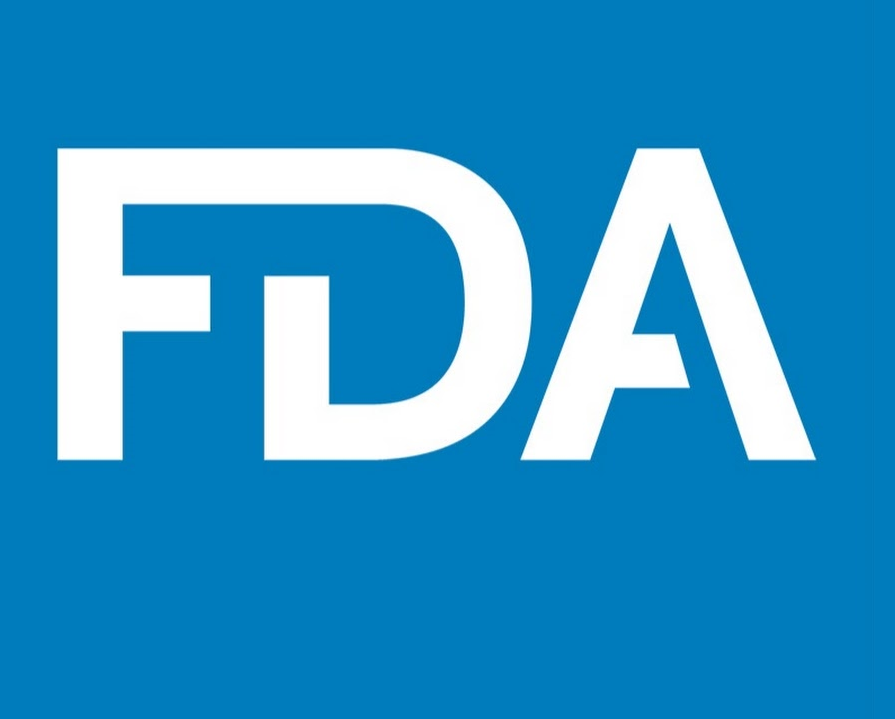Health News Roundup: US FDA expands use of Bristol Myers' cancer therapy; Reckitt unit hit with $60 million verdict in Enfamil baby formula case in Illinois and more
Breyanzi was initially approved in the United States in June 2022 to treat a type of blood cancer known as large B-cell lymphoma in adult patients whose disease has returned or stopped responding to treatment. Reckitt unit hit with $60 million verdict in Enfamil baby formula case in Illinois An Illinois jury has ordered Reckitt Benckiser unit Mead Johnson to pay $60 million to the mother of a premature baby who died of an intestinal disease after being fed the company's Enfamil baby formula.

Following is a summary of current health news briefs.
US FDA expands use of Bristol Myers' cancer therapy
The U.S. Food and Drug Administration on Thursday expanded the use of Bristol Myers Squibb's cell therapy, Breyanzi, for a type of slow-growing blood cancer, marking the second approval for the treatment. Breyanzi was initially approved in the United States in June 2022 to treat a type of blood cancer known as large B-cell lymphoma in adult patients whose disease has returned or stopped responding to treatment.
Reckitt unit hit with $60 million verdict in Enfamil baby formula case in Illinois
An Illinois jury has ordered Reckitt Benckiser unit Mead Johnson to pay $60 million to the mother of a premature baby who died of an intestinal disease after being fed the company's Enfamil baby formula. The jury in an Illinois state court in St. Clair County on Wednesday found that Mead Johnson was negligent and that it failed to warn of the risk of necrotizing enterocolitis (NEC). The disease, which causes the death of bowel tissue, mostly affects premature newborns and has a fatality rate of about 15% to 40%.
Geron's blood disorder drug gets FDA advisers' backing
Advisers to the U.S. Food and Drug Administration on Thursday backed the benefits of Geron's blood disorder drug, saying it outweighed the risks associated with the treatment, based on data from a late-stage trial. The panel, by a wide 12-to-2 margin, voted in favor of the benefits of the injectable drug, called imetelstat, stating the associated risks and toxicities of the treatment appear to be manageable.
Option Care Health says UnitedHealth hack may hit financials in near term
Homecare health services provider Option Care Health said on Thursday it has been affected by the cyberattack at UnitedHealth Group's Change Healthcare unit, and the hack could impact its near-term financial results. More than half of the company's claims for services rendered since the hack remain unprocessed, Option Care said in a regulatory filing.
Factbox-Madrigal's drug wins first US approval for fatty liver disease NASH as rivals circle
Madrigal Pharmaceuticals' drug became the first to win regulatory approval to treat a serious type of fatty liver disease formerly known as non-alcoholic steatohepatitis (NASH) as the race to tap a multi-billion dollar market intensifies. The approval on Thursday follows limited success in developing a treatment for the disease, which is closely tied to obesity and is spreading fast.
US VP Harris visits Minnesota abortion clinic in historic first
U.S. Vice President Kamala Harris on Thursday toured a health clinic that offers abortion services while she was in Minnesota, spotlighting growing restrictions on women's rights that Democrats believe will animate voters in November. The visit believed to be the first of a sitting president or vice president to such a clinic, comes as President Joe Biden highlights abortion rights as a key issue ahead of the November presidential election.
Chemicals in plastics far more numerous than previous estimates, report says
At least 3,000 more chemicals are in plastics — from food packaging to toys to medical devices — than previously estimated by environmental agencies, a report published on Thursday found, raising questions over pollution and consumer safety. While the United Nations Environment Programme (UNEP) had previously identified around 13,000 plastic chemicals, the report by a team of European scientists found more than 16,000 chemicals in plastics — a quarter of which are thought to be hazardous to human health and the environment.
AstraZeneca to buy Amolyt Pharma for $1.05 billion to boost rare-disease portfolio
Drugmaker AstraZeneca said on Thursday it would acquire endocrine diseases-focused firm Amolyt Pharma for $1.05 billion in cash, in a bid to boost its rare diseases portfolio. France's Amolyt, backed by investors including Danish drugmaker Novo Nordisk's parent firm Novo Holdings and EQT Life Sciences, is currently in the late-stage development of a therapy for hypoparathyroidism called eneboparatide.
US FDA approves BeiGene's esophageal cancer therapy
The U.S. Food and Drug Administration said it has approved BeiGene's drug to treat a type of advanced esophageal cancer in patients who have previously received chemotherapy. The therapy, branded as Tevimbra, was approved as a monotherapy for adult patients with unresectable or metastatic esophageal squamous cell carcinoma.
US FDA approves first drug for fatty liver disease NASH
The U.S. FDA has approved Madrigal Pharmaceuticals' drug for a fatty liver disease known as non-alcoholic steatohepatitis (NASH), the first treatment to get the nod for the condition and opening up a multi-billion dollar opportunity. The company's shares surged 24% to $301.99 in extended trading.
(With inputs from agencies.)










